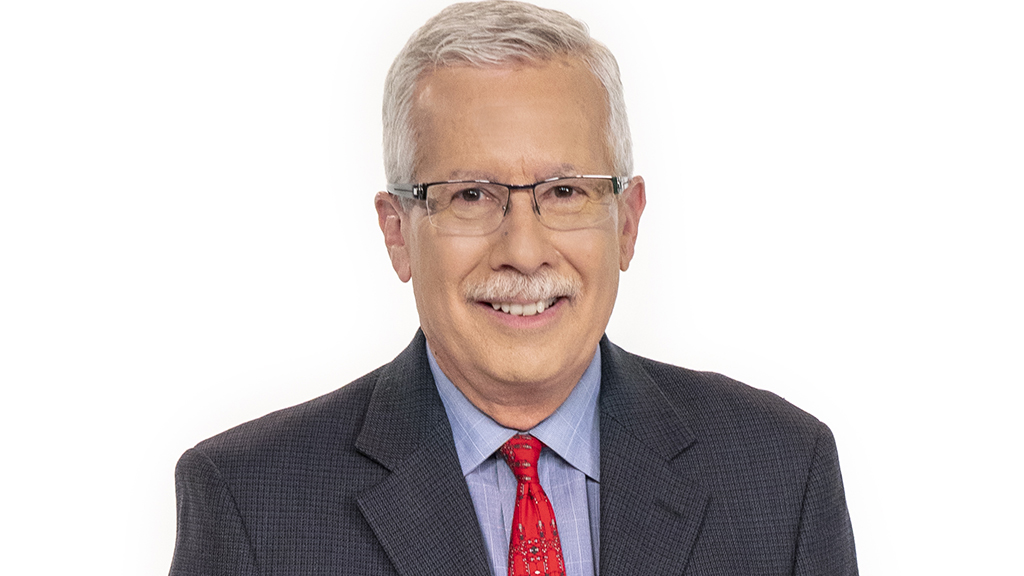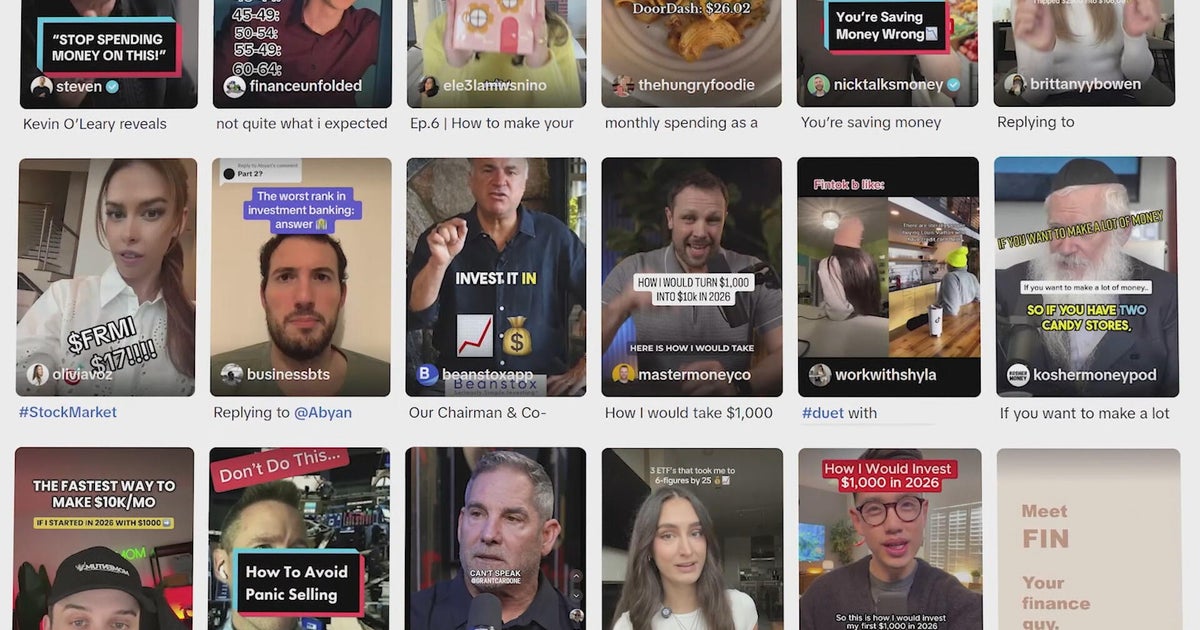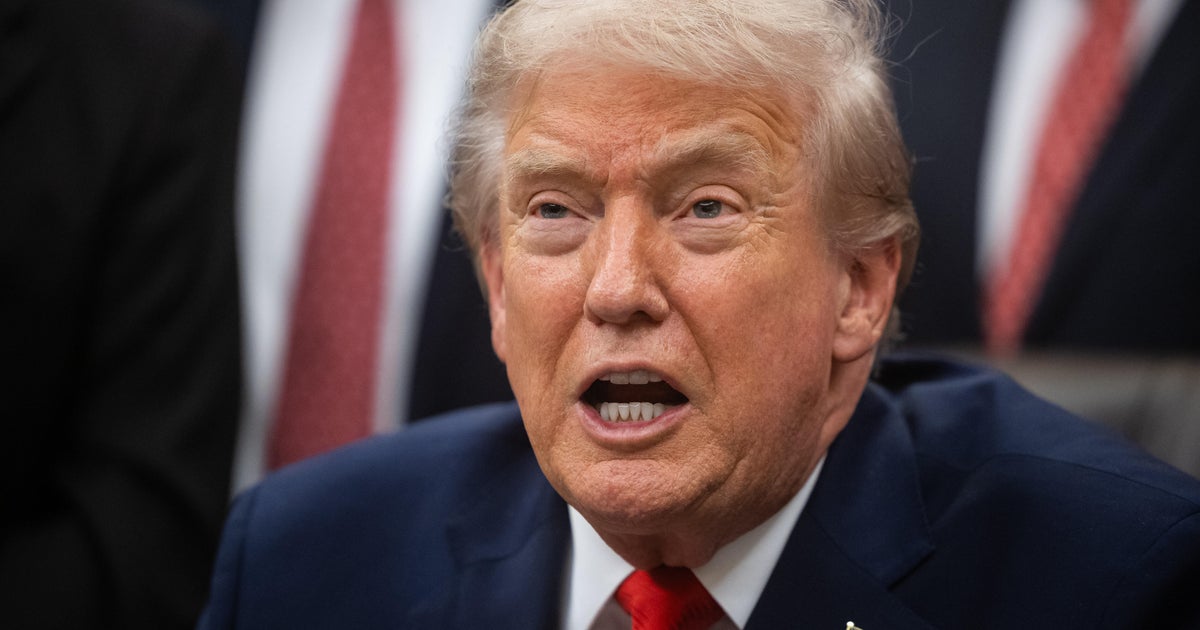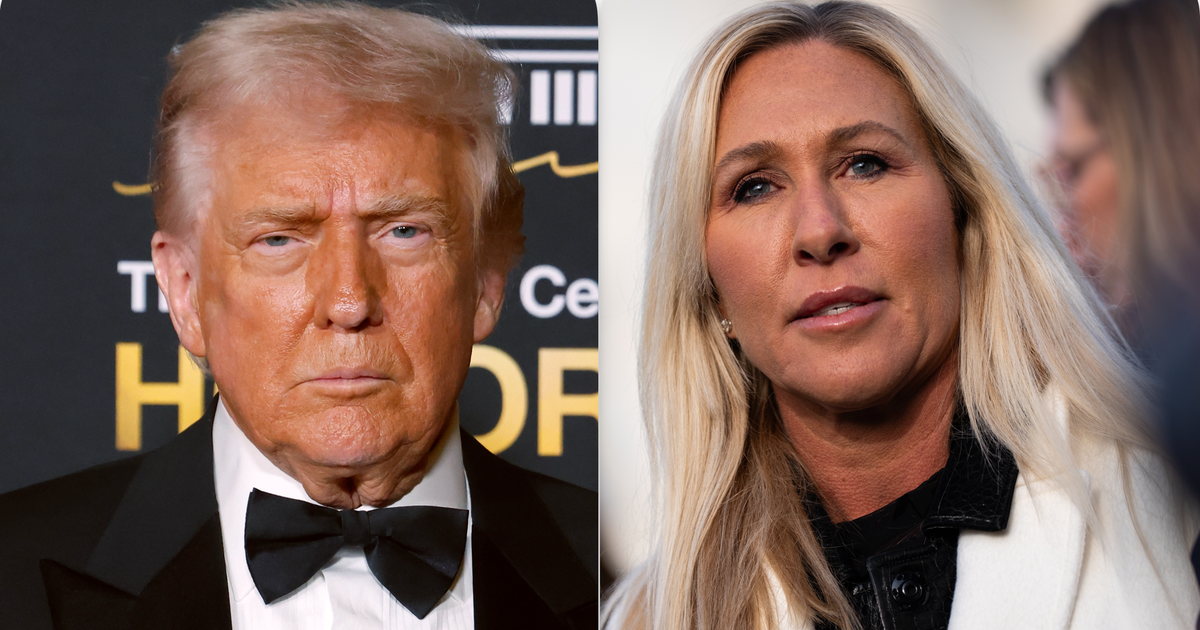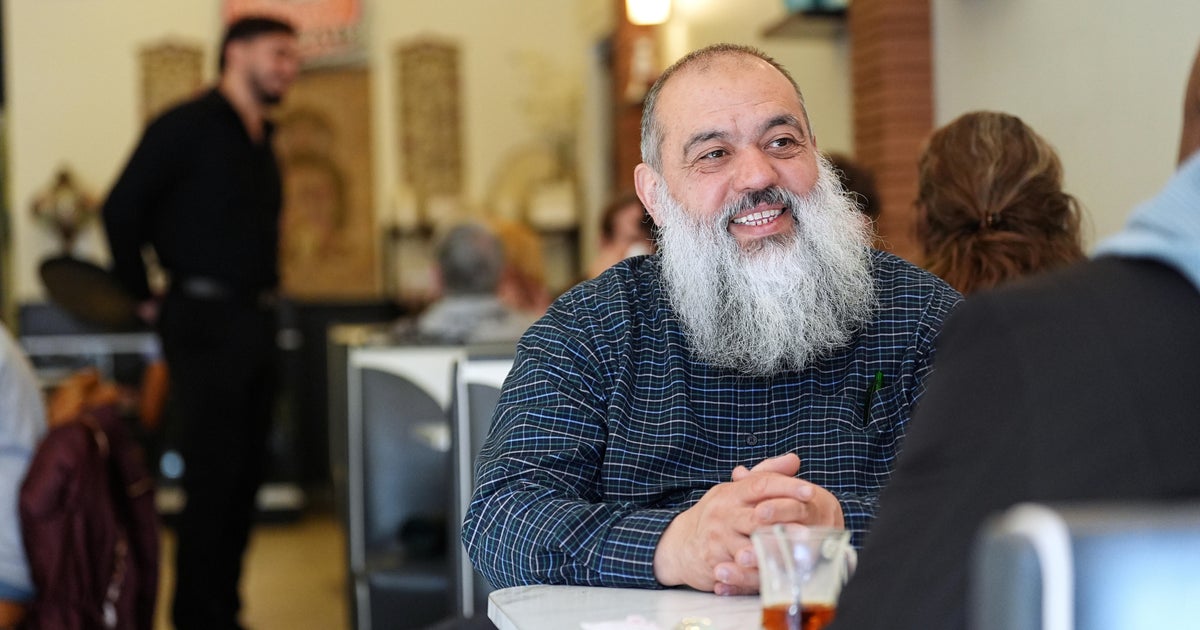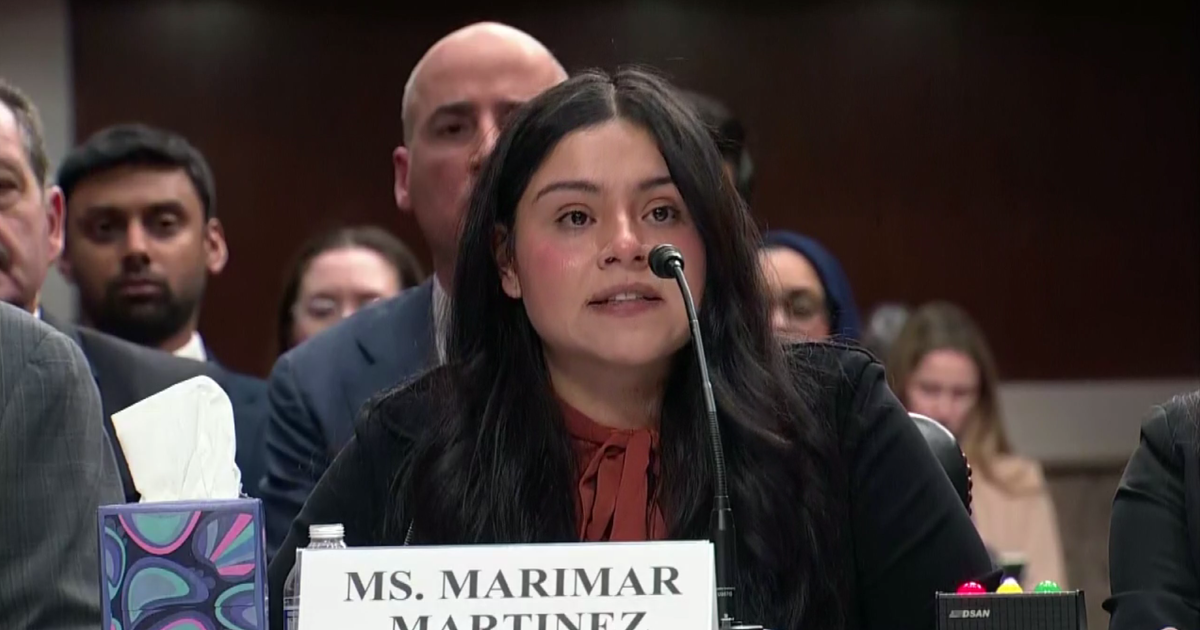Keller: What does the end of Meta's fact-checking mean for social media?
The opinions expressed below are Jon Keller's, not those of WBZ, CBS News or Paramount Global.
BOSTON - Meta - the parent company of Facebook, Instagram and Threads - said it's ending its fact-checking program.
Why did Meta drop fact-checking?
Instead of fact-checking by trained journalists, the company will allow crowd-sourced notes on posts, similar to what you might find on X.
The change is raising eyebrows - and alarm - about disinformation. Online foreign meddling in Donald Trump's 2016 victory ushered in the era of fact-checking on social media. And now Trump's return to office apparently has ushered it out, with other social media platforms expected to follow Meta's discarding of fact-checking.
"Obviously, they feel threatened," said Northeastern University Journalism Professor Dan Kennedy, an expert on the First Amendment. "Should they feel threatened? I'd certainly hope not, but I guess we're going to find out starting January 20th."
Or maybe not. Tech titans like Zuckerberg, Jeff Bezos of Amazon, and Tim Cook of Apple have made headlines since Election Day by taking meetings with Trump and donating heavily to his Inauguration Fund.
In his online statement announcing the fact-checking retreat, Zuckerberg said, "The recent elections also feel like a cultural tipping point." He and others have been targeted by legal and regulatory threats by Trump in the past, and it's been an article of faith on the right that both social media and professional fact-checkers have been biased against conservatives.
Did all that pressure bring Zuckerberg to heel? Said Trump when asked about that today: "Probably, probably."
Is false speech on the rise?
"The kind of free speech that got a boost today is free speech that is often false and, in addition to being false is sometimes dangerous," Kennedy said.
The move was a blow to Katie Sanders and her award-winning team at Politifact, which had been part of Meta's fact-checking system - until now.
"I can't say what their motivations are, but it's all been timed at a certain point, you know?," she said. "Zuckerberg even said bad stuff may happen. They seem willing to accept that. ... It's always a good time to remind people of the importance of the pillars of media literacy."
The main pillar being: "Reader, beware!" Several academic studies have shown that warning notices attached to sketchy stories have been effective at promoting skepticism of those items and reducing their casual spread. Now, it's back to the Wild West days of forcing the reader to seek the truth elsewhere - if they can find it.
While Politifact will likely endure, Zuckerberg's move today could be curtains for a number of smaller fact-checking outfits around the world that relied on income from Meta.
